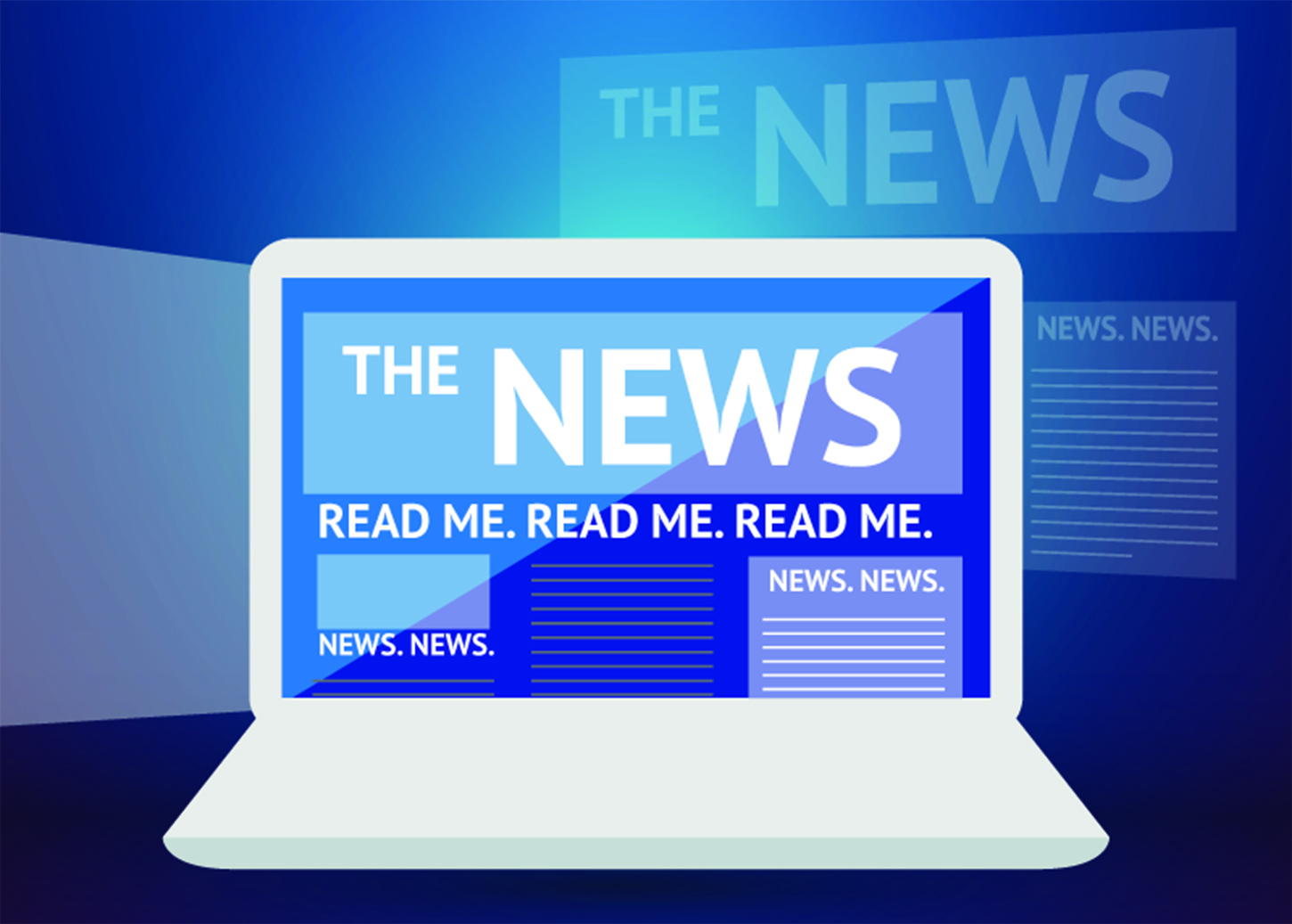February 23, 2017
A Teacher’s Guide to Avoiding “Fake News” in a Busy World
Here are three quick resources for accurate education news.
Here are three quick resources for accurate education news.
Educators know how complicated it can be to sift quality information out of the internet’s muddy world of “fake news,” “alternative facts,” and articles that are just blatantly biased.
More than ever, teachers are finding they must explain to their students the difference between well-researched news reports and propaganda. A dismaying study out of Stanford University recently showed that students in general are ill-prepared to spot online hoaxes, according to a National Public Radio report.
Fake news sites are so common these days a Wikipedia.com page is now devoted to listing them.
Educators, of course, know the difference between, say, a well-researched New York Times article and so-called “sponsored content” on a less objective site.
But juggling lesson planning, PLC meetings, parent conferences, and their own personal lives leaves little time to sort valuable information from the fluff. Especially when it comes to finding quality news about their own profession.
Tips From an Expert
Lisa Irish is a former middle school teacher who now writes about education for azednews.com, a service of the Arizona School Boards Association. Azednews.com is a solid resource in itself because it covers the most important education news stories in Arizona and also publishes links to key news stories from other publications.
To background herself, Irish says she reads a steady diet of national education news from quality websites including National Public Radio, the Wall Street Journal, the Los Angeles Times, and the Christian Science Monitor.
She also has Google.com news alerts on subjects she is interested in sent to her inbox. It is easy to set up an alert. Just search Google for the topic of your choice, scroll and click the box that says “create alert” at the bottom of the page.
Publications With Solid Education Newsletters
Need something even easier? Subscribe to free email education newsletters published by reputable media organizations — or follow the publication’s education Facebook or Twitter feed.
Here are three recommendations:
- The Washington Post Answer Sheet. A web page and email newsletter with links to Washington Post articles about education politics, policy, and more.
- NPRED. National Public Radio’s education web page and email newsletter with links to articles and audio about education issues.
- EqualEd. The Christian Science Monitor’s secular education web page and email newsletter about education equity and other issues.












